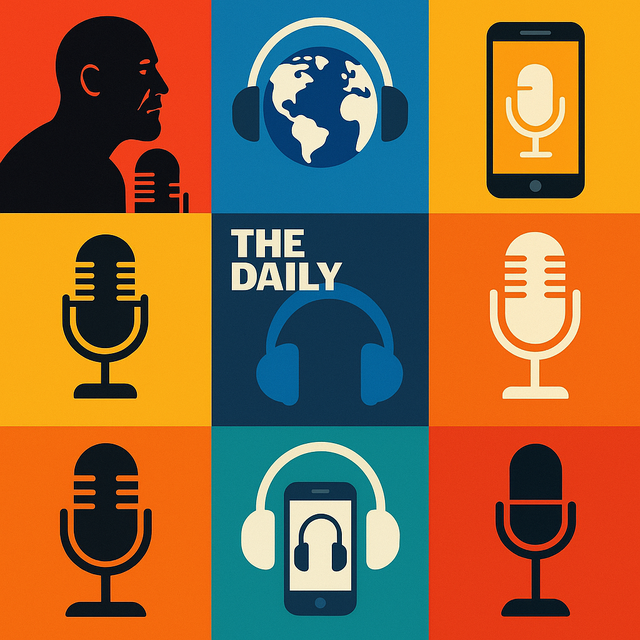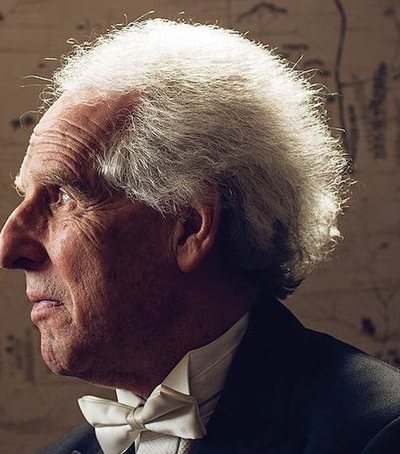
Once considered the “new radio,” a distant voice in the background while doing household chores, podcasts have become one of the most powerful communication formats – an indispensable tool for education, entertainment, and even shaping public opinion.
Podcasts have gone from a technological microtrend of a few years ago to a global mega-industry, where major platforms like Spotify, Apple Podcasts, or Amazon are investing billions of dollars in content creators and exclusive series that are changing the way people consume information.
Voice: The most underrated, yet most intimate medium
In an era where the screen has taken over everything, podcasts offer a unique experience: a direct, unobstructed contact with the human voice. No visual interruptions, no filters, no algorithmic distractions. Just a voice speaking. And in this simplicity, lies their strength.
In a 20-minute episode, the listener is taken inside the mind of an expert, an artist, an entrepreneur, or an ordinary person with an extraordinary story. This creates a sense of intimacy rarely achieved through other formats.
Why do we hear unfamiliar voices every day?
Psychologists have found that the repetitive voice of a podcast host creates a sense of “virtual familiarity” – like a one-sided but felt friendship. This invisible connection explains why we often feel like we “know” someone we’ve been listening to through headphones for months, even though we’ve never met them.
For many people, podcasts have become a companion in everyday life – while walking, cooking, commuting, or before bed. They become a silent form of companionship that informs, inspires, and entertains at the same time.
From voice to influence: How do podcasts influence opinion and elections?
The content we consume shapes the way we think. With podcasts, the impact is profound because it is absorbed subconsciously and in relaxed environments. Not coincidentally, many companies and public figures use podcasts as a tool for strategic influence – not to deliver news, but to build trust, intimacy, and authority.
According to a report by Edison Research, podcast listeners are more likely to take action after listening to an episode – to buy a product, change their mind, or support a cause. This makes podcasts not only a channel for information, but also a platform for cultural and economic impact.
From individuals… to brands
In the beginning, podcasts were the domain of independent creators – artists, journalists, teachers, everyday people with something to say. Today, the world’s biggest brands have entered the space – with curated series, exclusive interviews and sponsored content that aims to connect emotionally with audiences.
At the same time, independent podcasters have become true influencers – with dedicated communities, trusted audiences, and the power to shape trends.
Are we at the peak of the wave or just at the beginning?
As competition increases and content comes from all sides, the challenge of the future will be quality and authenticity. Listeners are becoming smarter and more selective. They want more than entertainment — they want content that enriches them.
Podcasts are no longer just background noise. They are modern forms of storytelling, intimacy, emotional and professional education. In an increasingly fragmented world, they create narrow but profound spaces for real connection.





